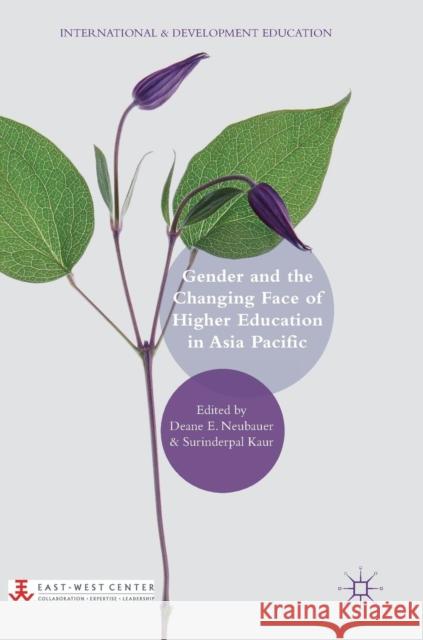Gender and the Changing Face of Higher Education in Asia Pacific » książka
topmenu
Gender and the Changing Face of Higher Education in Asia Pacific
ISBN-13: 9783030027940 / Angielski / Twarda / 2019 / 250 str.
Kategorie:
Kategorie BISAC:
Wydawca:
Palgrave MacMillan
Seria wydawnicza:
Język:
Angielski
ISBN-13:
9783030027940
Rok wydania:
2019
Wydanie:
2019
Ilość stron:
250
Waga:
0.48 kg
Wymiary:
21.01 x 14.81 x 1.75
Oprawa:
Twarda
Wolumenów:
01
Dodatkowe informacje:
Wydanie ilustrowane











